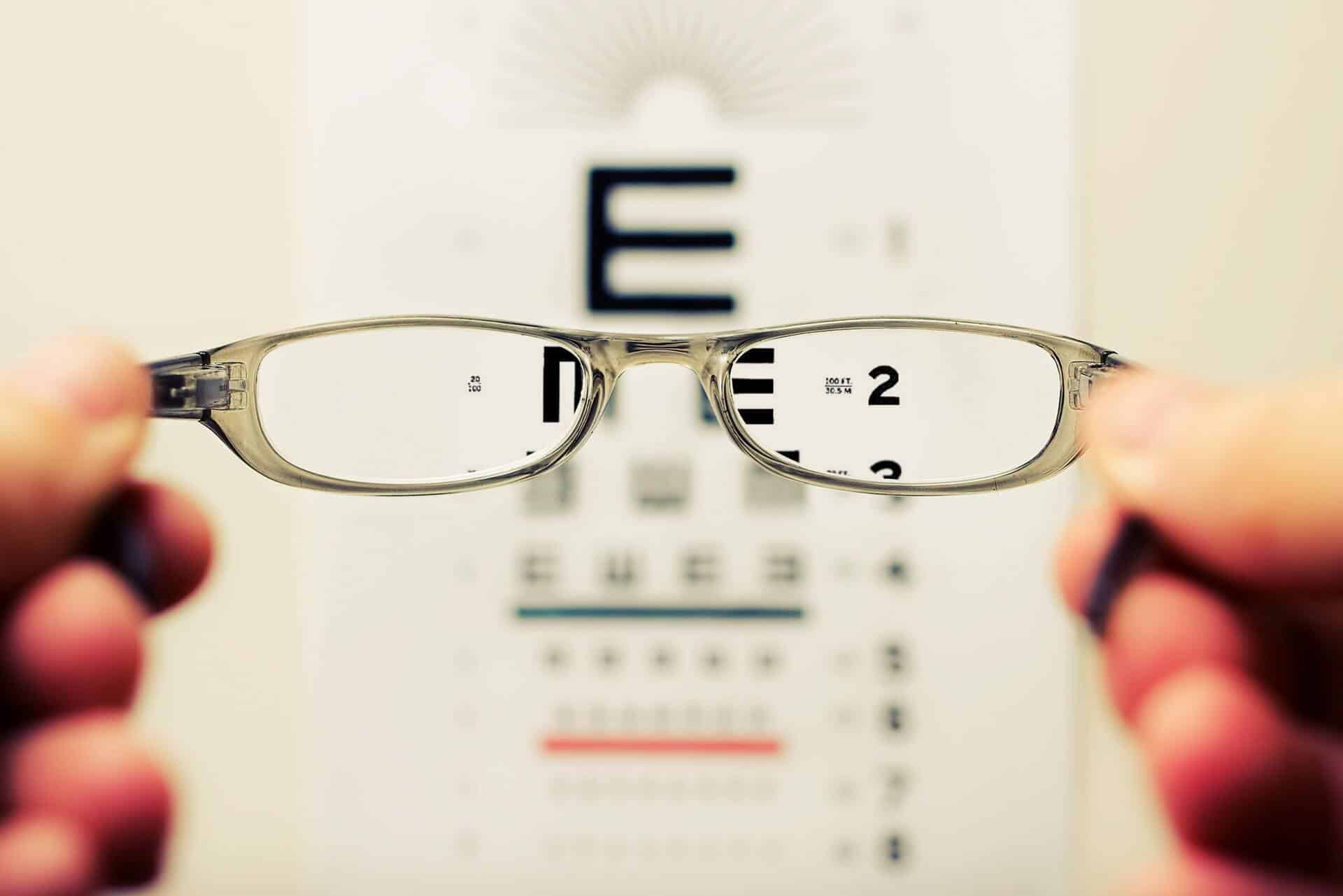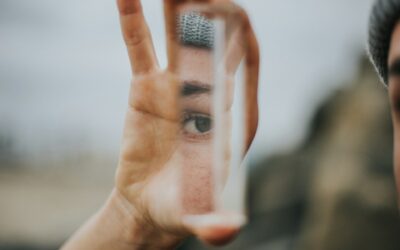Myopia, also known as nearsightedness, is a refractive condition in which an individual can see clearly at near but has blurred vision in the distance.
Who Can Have Myopia or Nearsightedness?
Myopia can affect anyone from birth into old age. Most newborns will not show any signs of myopia. As the eyes develop and grow, by age five it is possible to predict whether an individual will ever develop myopia.
Once myopia develops, it cannot be reversed and will require correction with glasses, contact lenses, or surgery.
As people age, their vision may change due to aging changes in the eyes, but myopia will typically still be present.
What Does Someone with Myopia See?
There are varying degrees of myopia, as determined by the power of glasses need to correct the myopia and see clearly in the distance.
Someone with a small amount of myopia may only notice mild blur in the distance and be able to function completely without any glasses or contact lenses.
On the other hand, someone with a large amount of myopia, roughly six diopters or more, will have severe blur in the distance and will be unable to see clearly further than a few inches from the face. This individual will require glasses or contact lenses for even the most basic of daily activities.
Most people with myopia fall in between the two extremes. Most can see well enough to navigate a safe, familiar environment like their home without any glasses or contact lenses, but they cannot see well enough to perform highly detailed tasks such as driving without their glasses.
How is Myopia Corrected?
Myopia is usually corrected with glasses or contact lenses. Both glasses and contact lenses for myopia will have a minus power.
For high amounts of myopia, contact lenses may be preferred given the size and weight of the potential glasses.
However, everyone with myopia that cannot perform basic functions without correction should have at least one pair of glasses in case they are unable to wear their contact lenses.
Other methods of correcting myopia include LASIK surgery, PRK surgery, cataract surgery, and implantable contact lenses.
These surgeries change the overall power of the eye to no longer require glasses or contact lenses for correction.
All forms of correction for myopia provide clear distance and near vision.
Does Myopia have Medical Risks?
There are many eye conditions that are associated with myopia, specifically high myopia.
Conditions such as retinal detachments, lattice degeneration, atrophic retinal holes, and posterior staphylomas are far more common in people with high myopia.
Additionally, conditions like glaucoma, pigment dispersion syndrome, and posterior vitreous detachments are more common in individuals with myopia than the general population.
Can Myopia Progression be Prevented?
Myopia control is an emerging field of treatment in the world of optometry. This field seeks to reduce the annual progression of myopia and therefore obtain better lifelong outcomes.
By wearing specific contact lenses, using eye drops, or having an overnight contact lens, the progression of myopia can be slowed or prevented.





